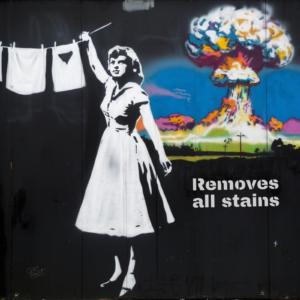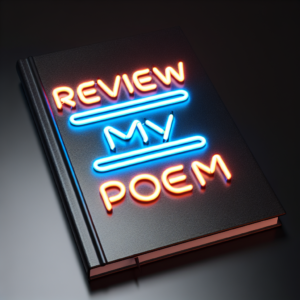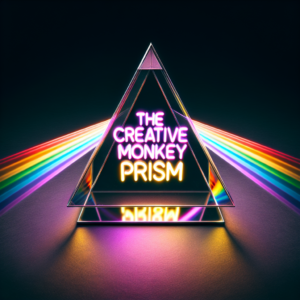In our modern world, an abundance of choices can make even the simplest decision overwhelming. This choice paralysis isn’t just indecision; it’s a reflection of the complex interplay between freedom and constraint, pleasure and anxiety.
10 Thought-Provoking Insights on Choice Paralysis
- The Paradox of Choice: More choices don’t necessarily lead to more freedom but often to more anxiety.
- Overthinking: The more options available, the more we feel compelled to make the ‘perfect’ choice, leading to cognitive overload.
- Self-Identity: In a society where choices define us, decision-making becomes an existential task.
- The Role of Context: The impact of choice paralysis varies depending on the situation and its perceived importance.
- Minimizing Regret: The fear of making the wrong choice can be paralysing, but regret is often more related to mindset than circumstance.
- Social Pressure: The weight of external expectations can exacerbate choice paralysis.
- Decisiveness: Developing the skill to make decisions without agonising over them can be liberating.
- Illusion of Control: Believing we can control every outcome through our choices can be both empowering and debilitating.
- Satisficing vs Maximising: Satisficing, or going for ‘good enough’, can be a healthier approach than maximising every decision.
- Embrace Uncertainty: The only sure thing about any choice is that it comes with uncertainty, and that’s perfectly okay.
QR Poet Summary
Choice paralysis isn’t merely an inability to decide; it’s a complex psychological issue entangled with our sense of identity, the fear of regret, and the societal pressures we face. By understanding its roots and dimensions, we can better navigate the labyrinth of choices that modern life presents.
The Big Question
How do you cope with choice paralysis, and what strategies could you adopt to make decision-making a more empowering process?










